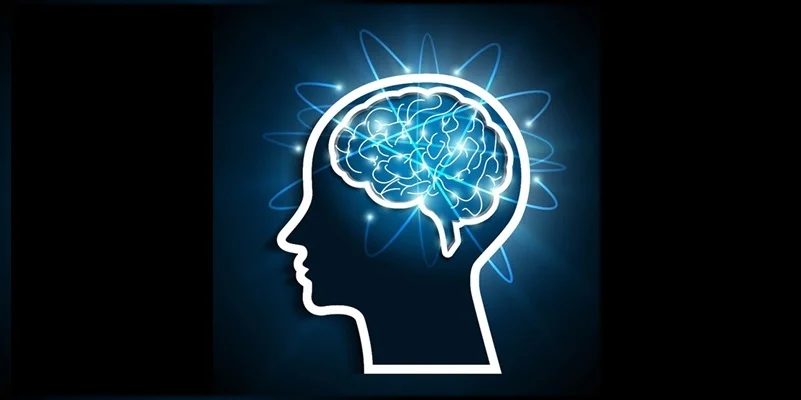Neurofeedback
What Can the Brain Gain through Specific Training called Neurofeedback?
-The calming of a busy mind
-The resilience of a lethargic or depressed brain
-Improved mood and cognitive function
-Enhanced performance in sports, school and business
-Relief from many mental and physical disorders without the side effects of medications
-A more efficiently functioning brain
-Improved sleep and digestion
Why is it important to train our brains?
As the command center of the body, the brain is responsible for everything we say and do.
Irregularities in the brain are responsible for many mental and physical disorders
The brain learns new patterns with proper reinforcement and repetition
Why do I specialize in Infraslow Neurofeedback?
My work with survivors of trauma led me to specialize in Infraslow Neurofeedback (ISF). In my experience, ISF demonstrates unparalleled results in calming the fight, flight or freeze response in the brain and making the shift to rest and repair. An immediate state-shifting experience, ISF trains clients’ brains to function at their most calm, alert and resilient state.
In my office, this unique type of concierge service is offered. An initial assessment is made to determine the treatment protocol which is guided by each individual’s symptoms. ISF is typically the first course of action as it has been found to deliver the most potent and rapid results. Additionally, it is known to be particularly helpful in challenging cases which have not responded to other therapies such as PTSD, Autism, Addictions and Migraines. Traditional Neurofeedback, Z-score and Alpha Theta Training are also available, when needed.
During each ISF session and in the following 24 hours, thorough reports are required by the client (or child’s family) to determine what is happening physiologically, emotionally and behaviorally. Both positive and negative symptoms guide revisions in protocol each session. Rather than comparing a client’s brain to someone else’s brain, the client’s body is telling us where their brain wants to live and where it functions best. Once the optimum frequency is determined, repetition through operant conditioning trains the brain as ISF coordinates processes in the brain with processes in the body. The heart, blood, digestive system and autonomic nervous system are all regulated at the slow frequencies being trained. ISF strengthens and stabilizes the foundation of the brain and the Autonomic Nervous System, enabling the changes in the brain to persist. By addressing the slowest frequencies in the brain, the higher frequencies are then fine-tuned.
Because ISF improves the ability to regulate one’s emotion and calms the nervous system, ISF is ideal in combination with EMDR therapy to facilitate adaptive information processing as traumatic imprints are released from the brain. While counseling is not required to do neurofeedback, it may be recommended as part of the treatment protocol in order to address unresolved issues which may resurface over time.
What is Neurofeedback?
A natural, medication free approach
The use of innovative technology to read your brain waves and compare the patterns to those of healthy brains in your age group
Non-invasive—your brain is doing the work of learning as it receives positive reinforcement through auditory and visual rewards
A proven method of changing the brain through training and repetition
An approach that is adjusted to treat your specific symptoms and any irregularities in your brain
Research-based treatment for many physical and mental disorders
For more information, read FAQs.
Is neurofeedback supported by research?
Absolutely, it is one of the most widely researched fields. Perhaps best said by Frank Duffy, MD, Pediatric Neurologist and Professor at Harvard Medical School and Boston Children’s Hospital — "The literature, which lacks any negative study of substance, suggests that EEG biofeedback (neurofeedback) therapy should play a major therapeutic role in many difficult areas. In my opinion, if any medication had demonstrated such a wide spectrum of efficacy, it would be universally accepted and widely used."
For a comprehensive bibliography of the research and the substantiated disorders treated, read the research.


